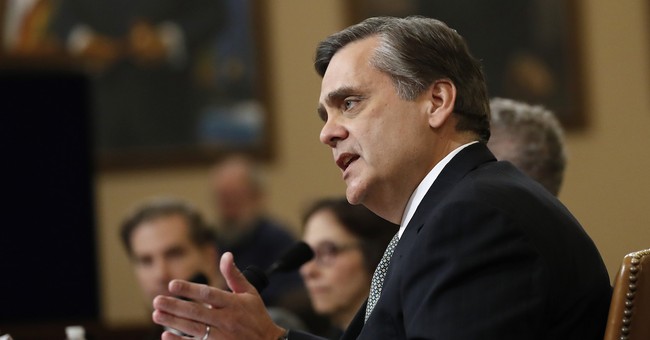
Jonathan Turley has been a big fan of U.S. District Court Judge Emmet Sullivan for many years.
But even he has been stunned by the actions of Judge Sullivan in reaction to the request by the Department of Justice to dismiss the case against Gen. Michael Flynn.
He specifically called out the actions to permit amicus briefing in the case,
I was critical of Judge Sullivan’s earlier order allowing the filing of amicus briefing in this case. There is no rule allowing for such third party briefing and Judge Sullivan previously rejected such briefing. He was right then and wrong now. While common in civil cases, such third party arguments raise troubling concerns in criminal cases as courts allow the public to argue for enhanced punishments or other measures. It is particularly troubling when the Justice Department itself not only found evidence of prosecutorial abuse but concluded that it cannot ethically proceed with the prosecution. Sullivan is effectively creating a dispute in a case where the defense and prosecution agree that a case should be dismissed.
But Turley said this order appointing retired Judge John Gleeson to provide a brief in opposition to the DOJ’s position and for Gleeson to also opine on the question of whether to charge Flynn with criminal contempt added to his concern.
BREAKING: Judge SULLIVAN has appointed retired judge to argue against the government's motion to dismiss the charge against Flynn. pic.twitter.com/OUGyAbNcIB
— Kyle Cheney (@kyledcheney) May 13, 2020
Turley said he believed that Sullivan’s actions were so outside the bounds of normal judicial action that he could be committing reversible error if he denied the unopposed motions by both parties in the matter to dismiss or if he moved forward with a perjury claim against Flynn.
Despite my admiration for Judge Sullivan, I believe he is moving well outside of the navigational beacons for judicial action and could be committing reversible errors if he denies the unopposed motion or moves forward on this perjury claim… https://t.co/x15urd4A3G
— Jonathan Turley (@JonathanTurley) May 14, 2020
The suggestion that Flynn could be charged with perjury for seeking to withdraw a plea is highly disconcerting. As a criminal defense attorney, my concern is that such a claim could be made in thousands of cases where defendants have sought to withdraw such pleas or allegations of prosecutorial abuse have been raised for dismissal.
The use of Gleeson both to argue against the motion and review possible perjury charges. One role is as an advocate while the other seems to be something like a quasi-special master. Gleeson is also a troubling choice given his public criticism of the Administration over the Flynn case.
Turley touches on a point I raised earlier, that this basically penalizing a defendant for exercising his right to withdraw a plea and raises a problematic question.
Turley asks how is this actually going to work?
Sullivan knows that such a charge would not be prosecuted by the Justice Department. However, Criminal Procedure Rule 42 states that such cases are to be prosecuted by the government “unless the interest of justice requires the appointment of another attorney … If the government declines the request, the court must appoint another attorney to prosecute the contempt.”
It sounds like Sullivan is going to declare that he can do it on his own inherent authority because it was committed in his presence under 18 U.S. Code §401:
“A court of the United States shall have power to punish by fine or imprisonment, or both, at its discretion, such contempt of its authority, and none other, as—
(1) Misbehavior of any person in its presence or so near thereto as to obstruct the administration of justice”
Turley observes that Sullivan already got into problems earlier in the case when he suggested without evidence that Flynn could be charged with treason and had to apologize. But that revealed a troubling bias as to the case.
Judge Sullivan would not only ignore the agreement of the parties, the judgment of the Department of Justice, but effectively create a new case of his own making. At some point, the court risks the appearance of assuming both prosecutorial and judicial functions. A perjury charge leaves the appearance of a court imposing its own notion of justice through a dubious judicially-mandated criminal charge.
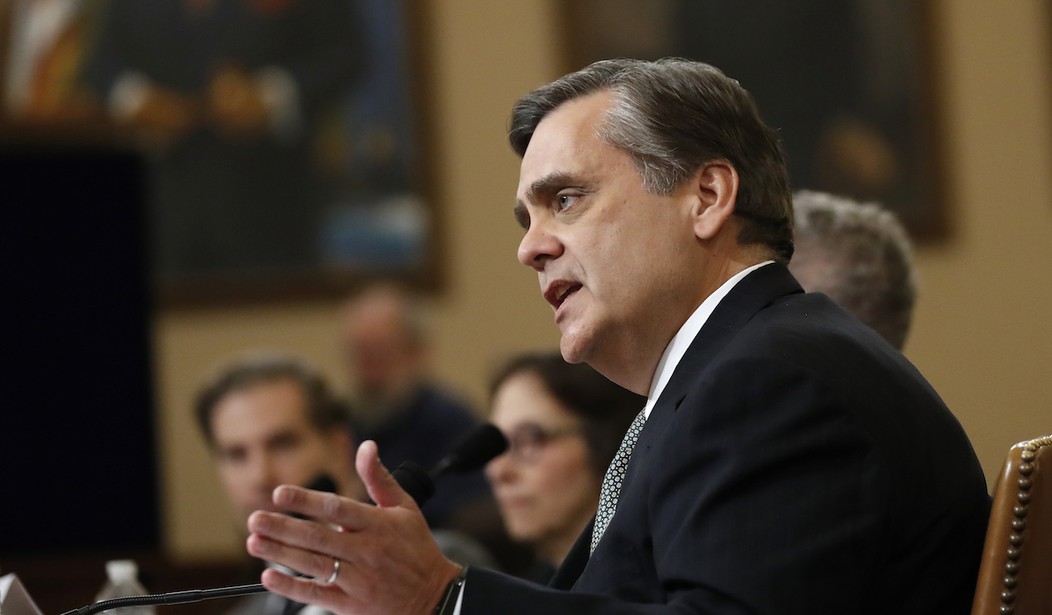



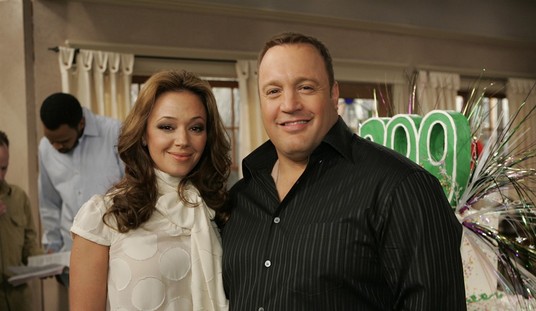
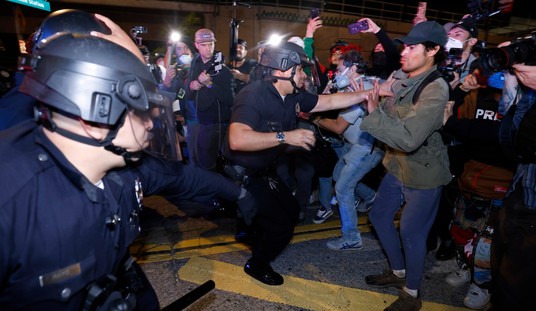
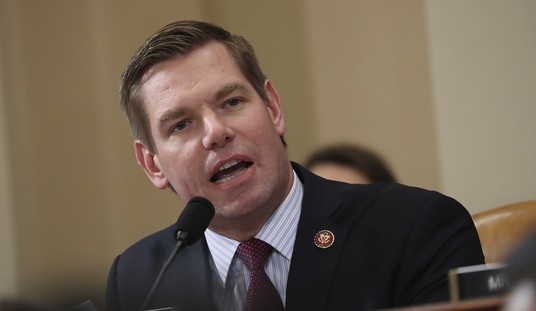


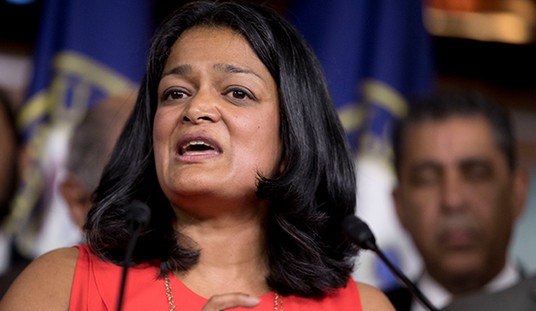

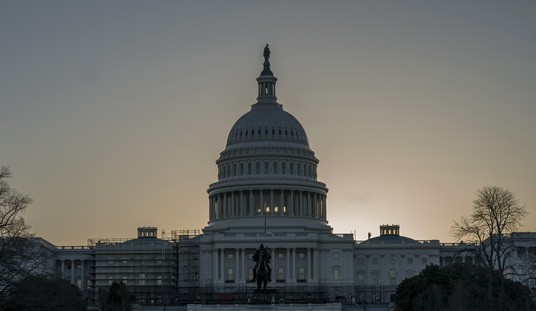


Join the conversation as a VIP Member